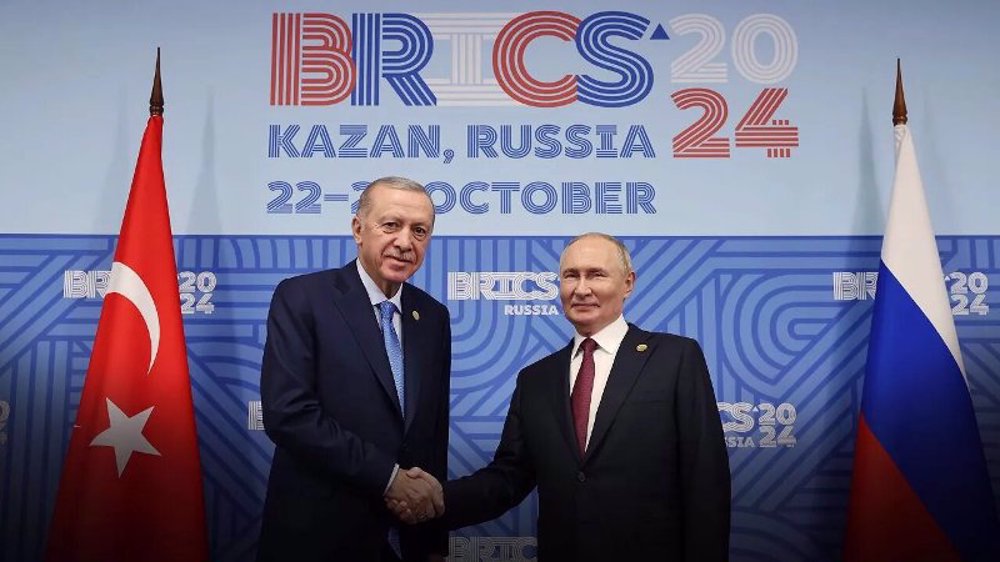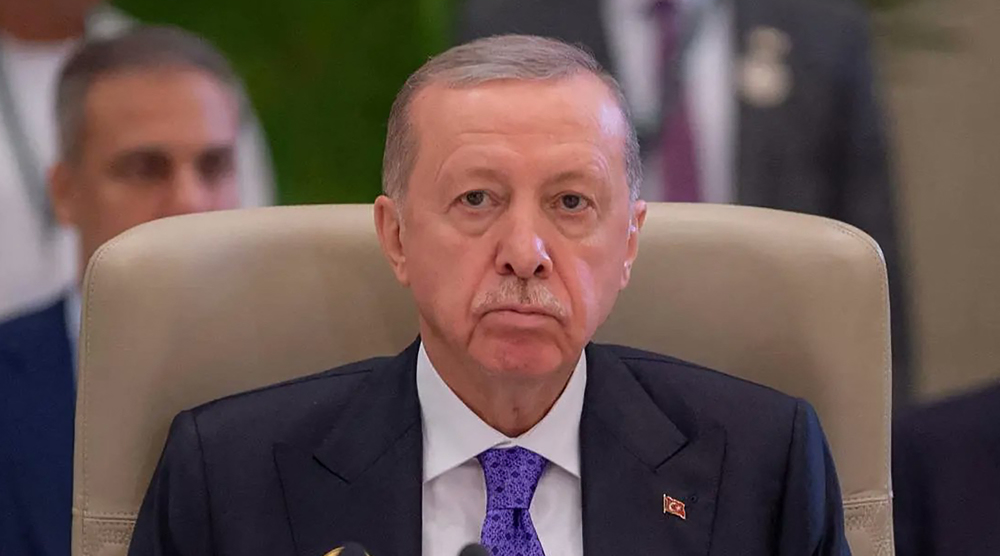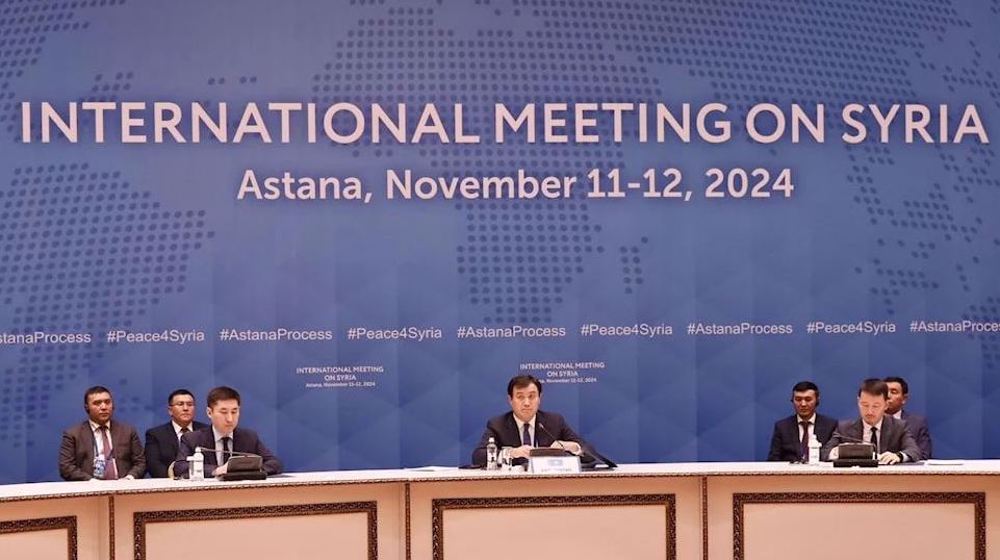BRICS offers Turkey partner status, Turkish trade minister says
The BRICS group of developing economies has offered “partner country” statues to Turkey, the Turkish minister of trade says, two months after Ankara formally requested to join the bloc of emerging market nations.
“As for Turkey's status regarding (BRICS) membership, they offered Turkey the status of partner membership,” Turkish Trade Minister Omer Bolat said.
“This (status) is the transition process in the organizational structure of BRICS,” he further said in his interview with private broadcaster TVNet.
Turkey’s state-run Anadolu Agency quoted Bolat as telling legislators during a parliamentary committee meeting that at the last summit meeting in Kazan, Turkey’s application was considered.
“It is understood that they will respond to us (by offering) a partner country status,” he added.
Bolat also rejected claims that India had blocked Turkey’s full membership in the bloc because of Ankara’s close ties to rival Pakistan.
“There is no question of India vetoing our membership,” he said.
The BRICS group of fast-developing economies, which is considered the foremost geopolitical rival to the G7 bloc, initially consisted of Brazil, Russia, India, China, and South Africa. This year, it was expanded to include Iran, Egypt, the UAE and Ethiopia as new members.
Back in early September, Turkey, which is NATO member state, formally asked to join BRICS as a full member with the stated aim of “simultaneously” boosting its relations with East and West.
Turkish President Recep Tayyip Erdogan attended a BRICS leaders’ summit in Kazan last month, hosted by Russian President Vladimir Putin, following Ankara’s announcement that it had formally initiated steps to join the group as a full member.
The Turkish leader, whose country has been frustrated by the lack of progress in its membership talks with the European Union, has already stressed that Turkey views the BRICS group as a chance to enhance economic cooperation with its members, rather than as a substitute for its Western alliances and NATO membership.
Aside from full membership, BRICS members introduced a “partner country” category in Kazan, according to the declaration issued by BRICS on October 23.
BRICS, founded in 2006, promotes a multipolar world order and is often seen as an alternative to Western economic and political hegemony. It comprises almost 46 percent of the global population, 36 percent of the world’s gross domestic product (GDP) and 25 percent of the global trade measured in terms of exports.
The founding members of the bloc have advocated for reforming global institutions such as the United Nations, the International Monetary Fund, and the World Bank.
Hezbollah strikes multiple Israeli targets in fresh retaliatory operations
VIDEO | New Zealand: Maori MPs protest in parliament with Haka war dance
Pezeshkian: World has come to believe Iran seeks peace, security
Houthi: US bombs inflame, escalate wars of extermination in West Asia
VIDEO | Press TV's news headlines
UN report says Israel’s methods in Gaza align with ‘genocide’
Attempts to dehumanize Hamas resistance movement doomed to fail
BRICS offers Turkey partner status, says Turkish minister











 This makes it easy to access the Press TV website
This makes it easy to access the Press TV website